What Caught Our Attention: This is the fourth retraction for Robert Ryan, formerly a high-profile researcher studying infections that can be deadly in people with lung diseases such as cystic fibrosis. In 2016, the University of Dundee in Scotland determined that Ryan had committed research misconduct, including misrepresenting clinical data and duplicating images in a dozen different publications. (Ryan tried to appeal the decision, then resigned.) The latest retraction cites a few problems with the paper, including uncertainty about the provenance of some data.
According to the notice, the second-to-last author, George A. O’Toole at Dartmouth, disagrees with the text of the notice, not the decision to retract. We contacted O’Toole, who declined to comment.
We received a statement from Ryan about the retraction:
Continue reading Caught Our Notice: Former rising star loses fourth paper
 Title:
Title: 
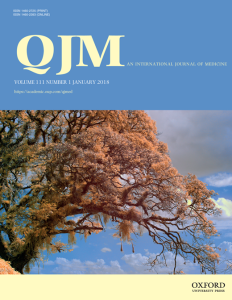 A medical journal has
A medical journal has 
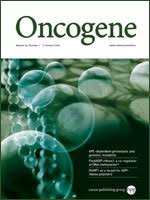 As a journal editor, are you tired of hearing the same excuses from authors who are facing allegations of problematic data? If so, you’re not alone.
As a journal editor, are you tired of hearing the same excuses from authors who are facing allegations of problematic data? If so, you’re not alone.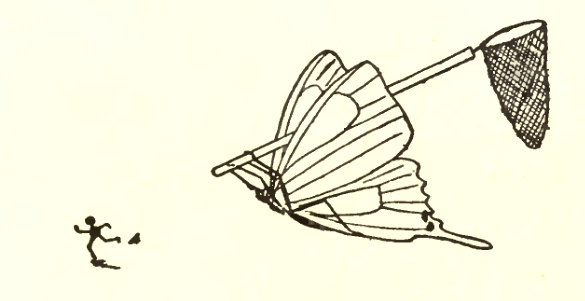
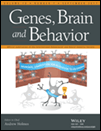
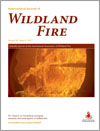
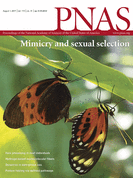 A once-prominent researcher in the field of infectious disease — who was found
A once-prominent researcher in the field of infectious disease — who was found